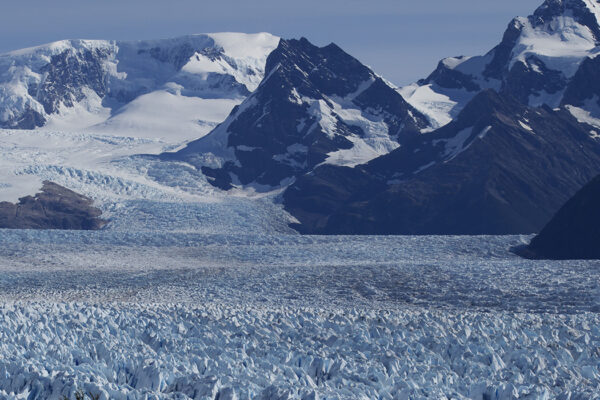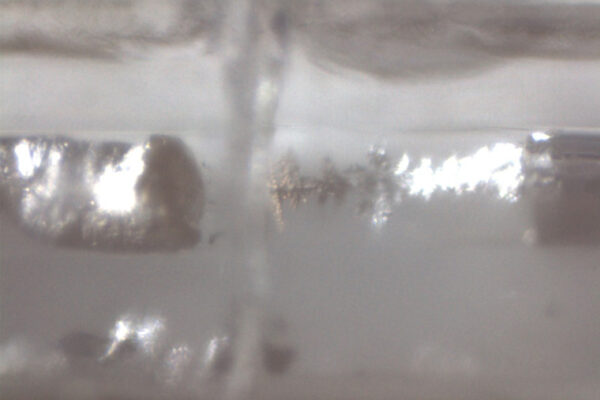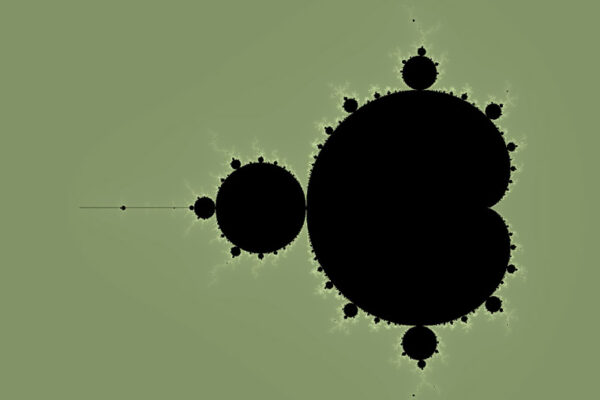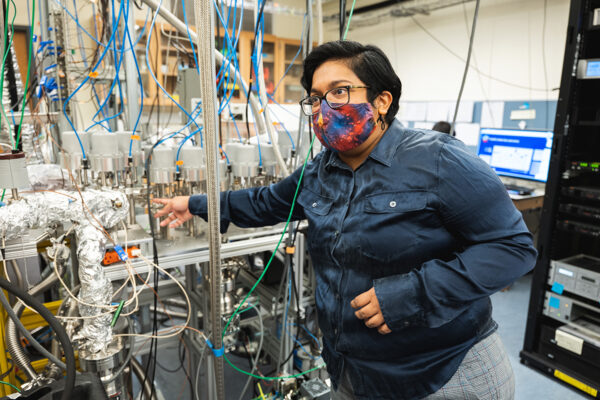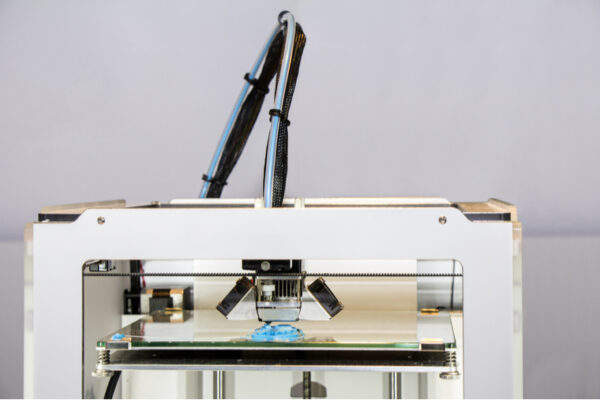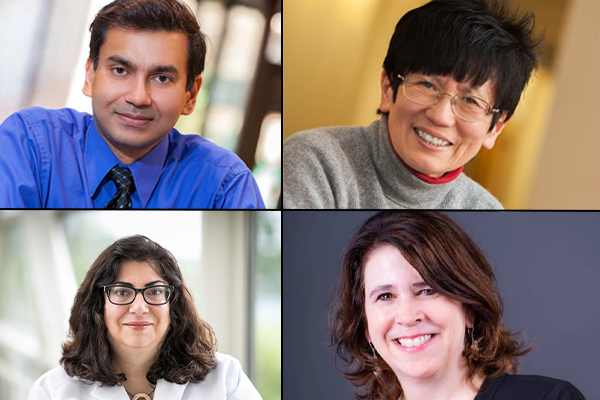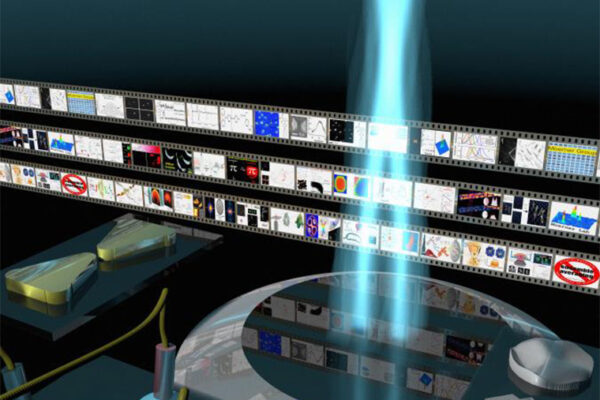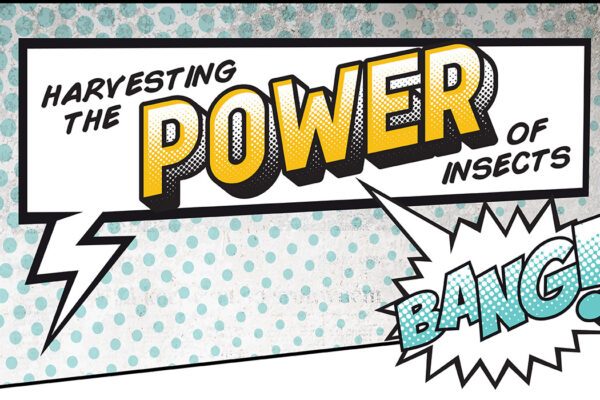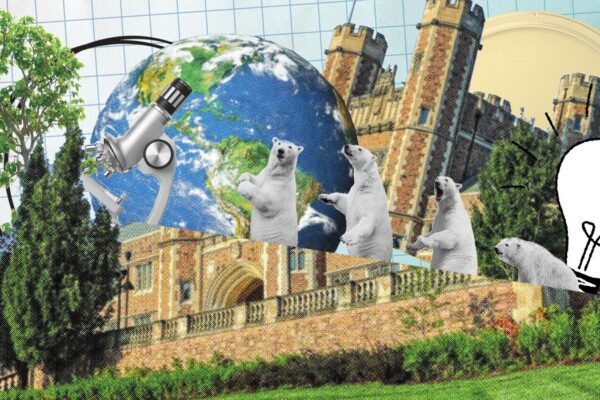Seismic study reveals key reason why Patagonia is rising as glaciers melt
Douglas Wiens in Arts & Sciences led one of the first seismic studies of the Patagonian Andes, where glaciers are melting at some of the fastest rates on the planet. The team discovered and described a key link between ice mass loss, uplift and a gap between tectonic plates.
Separator key when it comes to ‘stable’ vs. ‘safe’ battery
Researchers in the lab of Peng Bai at the McKelvey School of Engineering have discovered the key to making a stable, safe battery.
Predicting the chaos in Tourette syndrome tics
Interdisciplinary research from Washington University in St. Louis has uncovered a pattern in the tics associated with Tourette syndrome.
Parai wins CAREER grant to study geochemistry of the deep Earth
Rita Parai, assistant professor of earth and planetary sciences in Arts & Sciences, will use a National Science Foundation CAREER award to leverage new techniques to measure heavy noble gases in ocean island basalts from the Azores archipelago.
Low-cost, 3D printed device may broaden focused ultrasound use
WashU’s Hong Chen and her team have developed a method for producing a low-cost, easy-to-use focused ultrasound device that can help open up the blood-brain barrier for non-invasive procedures and diagnostics.
Engineering faculty, alumna named AIMBE fellows
Three faculty members and one alumna of the McKelvey School of Engineering have been named fellows of the American Institute for Medical and Biological Engineering.
Executive Cybersecurity Leadership Program launches
The McKelvey School of Engineering is launching a cybersecurity leadership certificate program. The first cohort will begin in April.
Vortex microscope sees more than ever before
A new imaging technology from the lab of Matthew Lew at the McKelvey School of Engineering uses polarized “optical vortices” to provide a detailed, dynamic view of molecules in motion.
Don’t smash that bug!
Bugs. We squish ’em, smash ’em, fear ’em, scare ’em, spray ’em, sweep ’em, flick ’em and generally misunderstand them. But perhaps it’s time we rethink our relationship to our tiny, multi-legged invertebrate friends who have been around since long before we humans got here — and will be here long after we’re gone. Insects […]
The challenge of our century
How change-makers are tackling climate change, embracing sustainability and helping to set the pace for environmental advancement in a new age.
Older Stories
